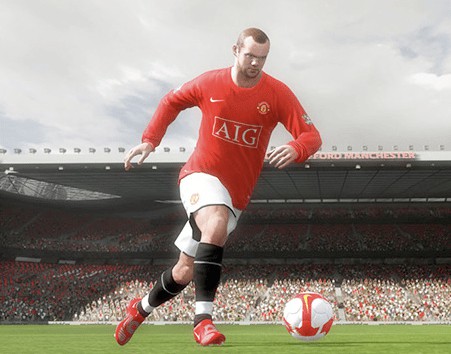
 Here’s a warning to brands using celebrities as Twitter advertising vehicles – UK regulators say such tweets must be clearly identified as marketing.
Here’s a warning to brands using celebrities as Twitter advertising vehicles – UK regulators say such tweets must be clearly identified as marketing.
Two English football players have fallen foul for these tweets for Nike…
My resolution – to start the year as a champion, and finish it as a champion… #makeitcount gonike.me/makeitcount
— Wayne Rooney (@WayneRooney) January 1, 2012
Jack Wilshire, whose account is now suspended, tweeted: “In 2012, I will come back for my club – and be ready for my country. #makeitcount.gonike.me/Makeitcount”.
Nike, which has been running the #makeitcount hash tag campaign widely, had wanted the footballers to prompt followers to tweet their 2012 goals using the hashtag.
But a complainant to the Advertising Standards Authority questioned whether the tweets were clearly identifiable as advertising.
 Nike, in defence, said “both footballers were well known for being sponsored by Nike, as were the teams for which they played”. It also tried arguing the presence of a Nike URL and the #makeitcount hash tag in the tweets suggested their paid status.
Nike, in defence, said “both footballers were well known for being sponsored by Nike, as were the teams for which they played”. It also tried arguing the presence of a Nike URL and the #makeitcount hash tag in the tweets suggested their paid status.
But the ASA disagrees, ruling Nike has broken its advertising code because the URL and hash tag may be missed and because not all followers would be aware of the footballers’ prior association with Nike.
“In the absence of such an indication, for example ‘#ad’, we considered the tweets were not obviously identifiable as Nike marketing communications and therefore concluded they breached the code,” the ASA ruled.
This is the tip of an iceberg. There is a growing number of sport stars out there acting as multi-platform “brand ambassadors”, and that includes tweeting on brands’ behalf.
Marking those tweets as ads would sort of defeat the purpose of the surreptitious tactic as far as those brands might be concerned.